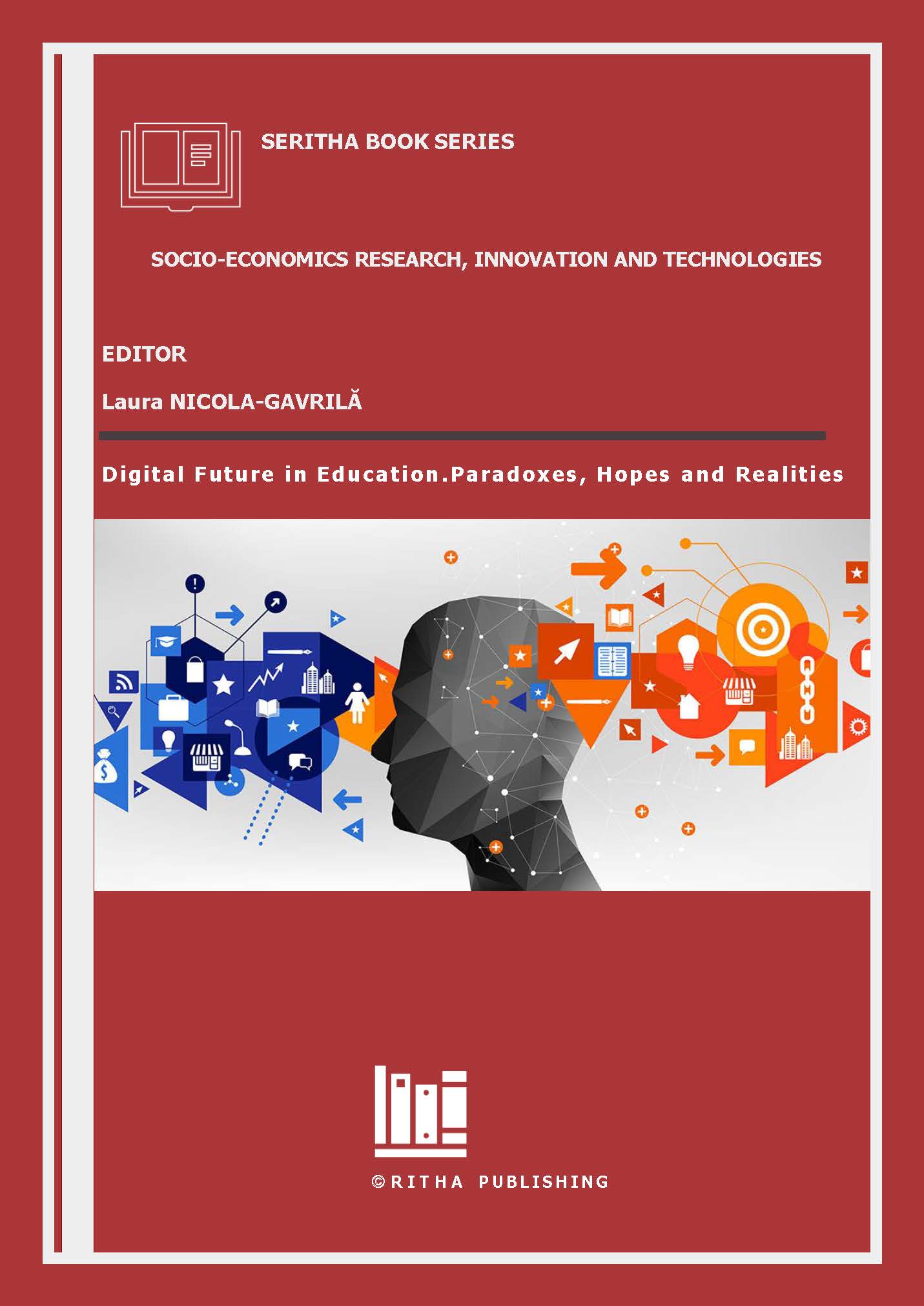Exploring the Implementation of Online Learning at the Higher Institutions of Ethiopia: The Case of American College of Technology & Harambee University
Exploring the Implementation of Online Learning at the Higher Institutions of Ethiopia: The Case of American College of Technology & Harambee University
Author(s): Aderajew Mihret Tessema
Subject(s): Social Sciences, Education, Higher Education , Distance learning / e-learning
Published by: RITHA Publishing
Keywords: online learning; digital content; learning management system; modular object-oriented dynamic learning environment;
Summary/Abstract: Growing involvement of the Internet and digital media are shaping the present context of distance education (DE) and reconstructing the ways education is being provided globally. Whereas the generations of DE have counted to 5 phases, online learning has received the third generation in its development (Heydenrych and Prinsloo, 2010), and it is only recently that the approach has been practiced in Ethiopia giving accreditations to five HLIs to run the system to teach MBA courses. For its implementation to be successful, the system of online learning requires its practitioners to have got intensive professional development. This study believed that the proposed HLIs used the conventional school instructors while implementing the online learning program and doubted that there would be problems (that might arise from the lack of appropriate training, long-lived biases, short of tech skills, etc.) in satisfying the stakeholders taking part in the program. This study was meant to explore the experiences of American College of Technology (ACT) and Harambee University (HU) how they implemented the online learning program for the courses they provided to their MBA students. The study employed mixed methods design to get responses to the research questions and the ICDE rubric was also applied to triangulate the results generated for validity. The target population comprised of students, instructors, and coordinators of the aforementioned HLIs who were engaged in the online MBA program. In total, 200 senior students, all 18 instructors and 2 coordinators from the two institutions were targeted for the study. And according to Raosoft sample size calculator, assuming 5% margin of error (95% confidence level), the sample size for students grew to 132 and though questionnaires were sent to all 132 students, only 90 of them returned filling the questionnaires. The responses collected using questionnaires consisting of both closed and open-ended questions were analysed using IBM SPSS version 28 software and the results generated were interpreted accordingly. The study found out that in two of the HLIs, the syllabuses of the courses were organized as required by HERQA, and the contents were delivered partly only in audio formats. Two of the institutions managed to use MOODLE to develop the LMS whereby students could access courses electronically; however, the study revealed reasonable differences among the institutions regarding the interactions students were supposed to have with their instructors, the institution, and fellow students. Students need periodical feedback to remain in their learning being motivated and complete their course with all satisfaction that put them at par with the conventional schooling.
Book: Digital Future in Education: Paradoxes, Hopes and Realities
- Page Range: 102-139
- Page Count: 38
- Publication Year: 2023
- Language: English
- Content File-PDF

